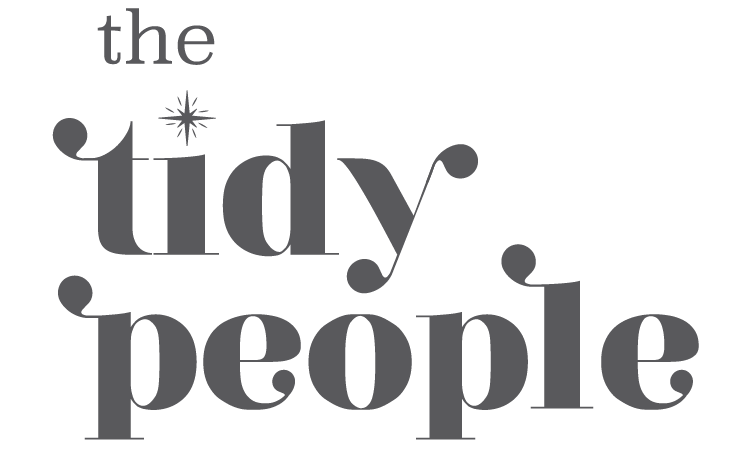Cleaning Practices We Can Learn from Buddhist Monks
A while back I read the book, “A Monk’s Guide to a Clean House and a Clean Mind” by Shoukei Matsumoto. I really enjoyed his perspective in regards to creating a space that not only looks clean, but feels peaceful.
In my personal perspective, home cleaning can be an opportunity to connect with the energetics of your space. How does each room FEEL to you? Does it flow in a way that brings ease to all 5 (and 6th) senses?
As you cleanse your home with soap and water, you can also cleanse your home energetically. I practice and teach cleaning in a way that helps create a reset. Everything returns to a state of neutrality.
Here are some of the main points in this book that stood out to me as lessons that we can all learn from Buddhist Monks:
The Day Begins with Cleaning
This is an excellent example of setting the tone for the day and owning the narrative. You’re immediately interacting with your space, working with your hands (which actually helps build healthy neural pathways in your brain), and being present with your experience. Matsumoto states that this is done not because a space is necessarily dirty or messy, but rather, to eliminate suffering in the heart.
All too many of us now start our days on our phone being ‘fed’ by our social media ‘feed’. It’s uncanny that it’s called a ‘feed’, isn’t it?
House Work is a Procrastination Free Zone
"Zengosaidan" is a Zen expression meaning that one should put all their efforts into each day, so they have no regrets. As well as - “don’t put it off until tomorrow”.
It can be easy to put off the chores of yesterday, but it does catch up in time. To me, this can create a level of stagnancy in your home environment which can feel depressing, overwhelming, and even distracting. It feels empowering when you have a certain level of presence on the pulse of your cleaning practice and are in consistent routine with this.
They Practice Minimalism
In their perspective, minimalism isn’t necessarily about finding the next best object to replace in your home, but caring for and having an appreciation for the things you own.
This is a great practice when starting an organization project. Start by organizing and taking stock of the things you own first, before going out and buying something new.
Scrubbing Dirt is a Way to Find Presence
Cleaning creates an opportunity to slow down. It provides a head space that otherwise wouldn’t be there in other situations. When our minds are preoccupied multi-tasking with other activities, that steals our attention away. With cleaning, it can be a rather ‘mindless’ task all the while staying busy. This space allows for healthy contemplation of self.
Cleaning Isn’t Considered Burdensome
It’s seen as a practice to achieve enlightenment and to cultivate the mind. It’s not seen as a task that anyone is “above” another from. Nobody is excluded from cleaning. A common practice is rotating tasks in the community in which everyone works together to clean or tend to the garden.
A Responsibility to Balance Natural Elements at Home
In Matsumoto’s words, “Humans are primarily weak creatures who cannot survive long without shelter against the elements. This is why we must make adjustments to the environment we are in. Cleaning is a way to converse with nature”.
This means opening windows at all times of the year — even when it’s hot and even when it’s cold (even if it’s just for a bit) to experience the natural elements of the world we live in. Feeling the closest to nature is to feel our natural, wildest, and most innate self.
My overall review of A Monk’s Guide to a Clean House and a Clean Mind:
While there was a bit left to the imagination in terms of step-by-step cleaning processes, this is a great read in terms of finding your core values in terms of your cleaning practice and the relationship you have with your home (and in life, really). It’s a fun read!

